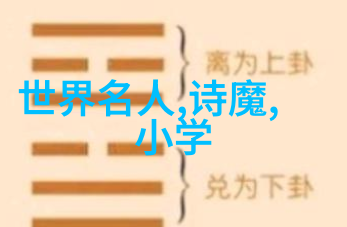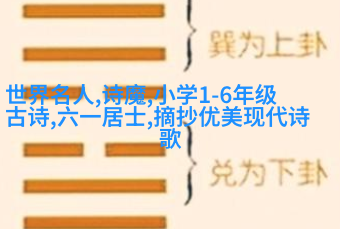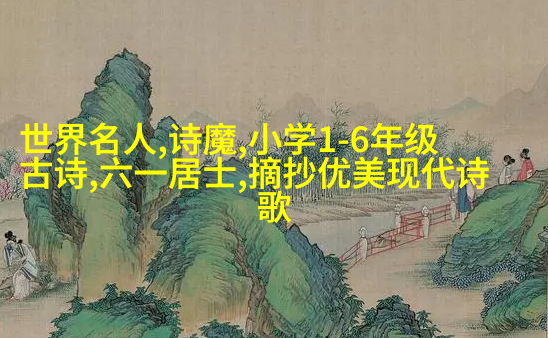革命先锋与文艺灵魂评述人民文学中的英雄形象
革命先锋与文艺灵魂:评述人民文学中的英雄形象

革命先锋与文艺灵魂:人民文学中的英雄形象探索
Peoples literature has always been a powerful tool for reflecting and shaping the social and political landscape of China. It has played a significant role in inspiring and mobilizing the masses to participate in revolutionary movements, as well as providing solace and comfort during times of hardship.

在中国传统文化中,英雄是一种普遍存在的概念。从古代的“三国演义”到现代的小说、戏剧和电影,英雄形象经常被用来表达社会价值观和政治理念。在人民文学中,革命先锋是最为显著的一类英雄,他们以自己的行动激励了无数人加入民族解放事业。
一、革命先锋的塑造与意义

The portrayal of revolutionaries in people's literature serves not only to inspire others but also to reflect the values and ideals of society at large. These characters embody courage, selflessness, and unwavering commitment to their cause, qualities that are highly regarded by Chinese culture.
1.1 代表性人物分析

People's literature is filled with iconic figures who have become synonymous with revolution. From Lu Xun's "Ah-Q" series to Mao Dun's "Midnight," these works portray individuals who stand up against oppressive forces, fighting for justice and equality.
1.2 文学作品中的精神内核

At its core, people's literature seeks to capture the essence of human struggle against adversity. Through the eyes of these revolutionaries, we gain insight into the complexities of societal change and transformation.
二、文艺灵魂与文化传承
Beyond mere revolutionary fervor lies a deeper cultural significance attached to art itself – an appreciation for beauty amidst turmoil. This dichotomy is perhaps best exemplified through poetry.
2.1 诗歌中的反思与启示
Poetry allows us to delve into the hearts of these heroes, revealing both their inner struggles as well as their triumphs over adversity. Poets like Guo Moruo captured this essence in his poem "The Song about General Liu Wenxu":
“A warrior on horseback,
Riding alone,
His sword shines brightly,
Cutting down enemies.”
2.2 文学艺术对社会影响力之深远
Literature holds immense power over society; it shapes perceptions while also influencing actions taken by those within it.
3.革新时代下的人民文学创作探索
As China enters a new era marked by rapid modernization and technological advancements,
4.网络时代下的人民文学传承与创新
In today’s digital age where information travels quickly across borders,
5.读懂“红楼梦”:“宝玉”精神在当代
Through reading classic works like "Dreams at Red Mansions" or examining contemporary adaptations,
6.民族团结之歌:人民文学中对少数民族文化的描绘
From epic poems celebrating ethnic minority traditions such as Li Bai’s famous piece:
7.城市里的田园诗人:都市生活在现代诗歌中的反映
Urban life finds its way into modern poetry through reflections on cityscapes,
8.电影、戏剧和舞台上的“百花齐放”——关于改革开放后的人民艺术发展
Art forms such as cinema, theater & dance continue flourishing under reforms since 1978;
9.新时代的人民文学创作探索
New creative endeavors emerge from this ever-changing landscape;
10《人民作家:镜子中的中国梦》
In conclusion,
11_总结_
This article provides an overview on how heroism evolves throughout history within peoples' literary work